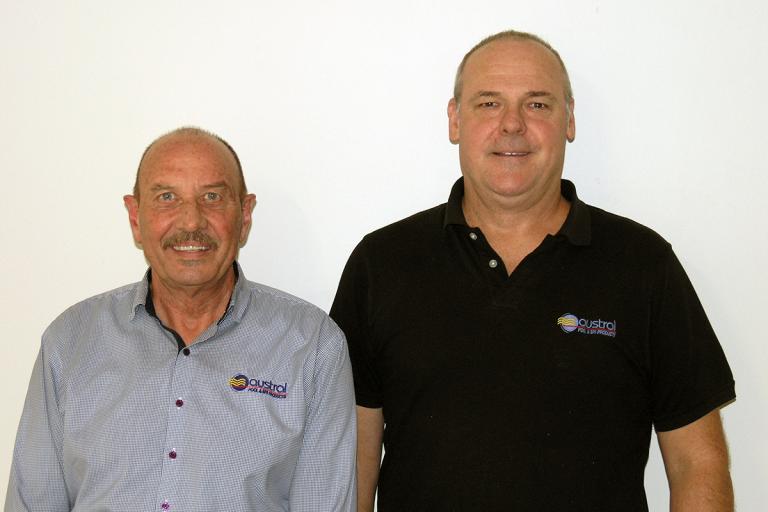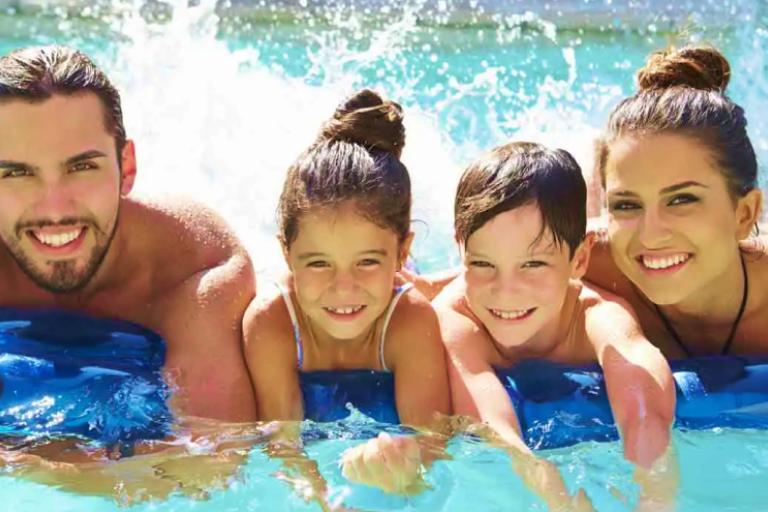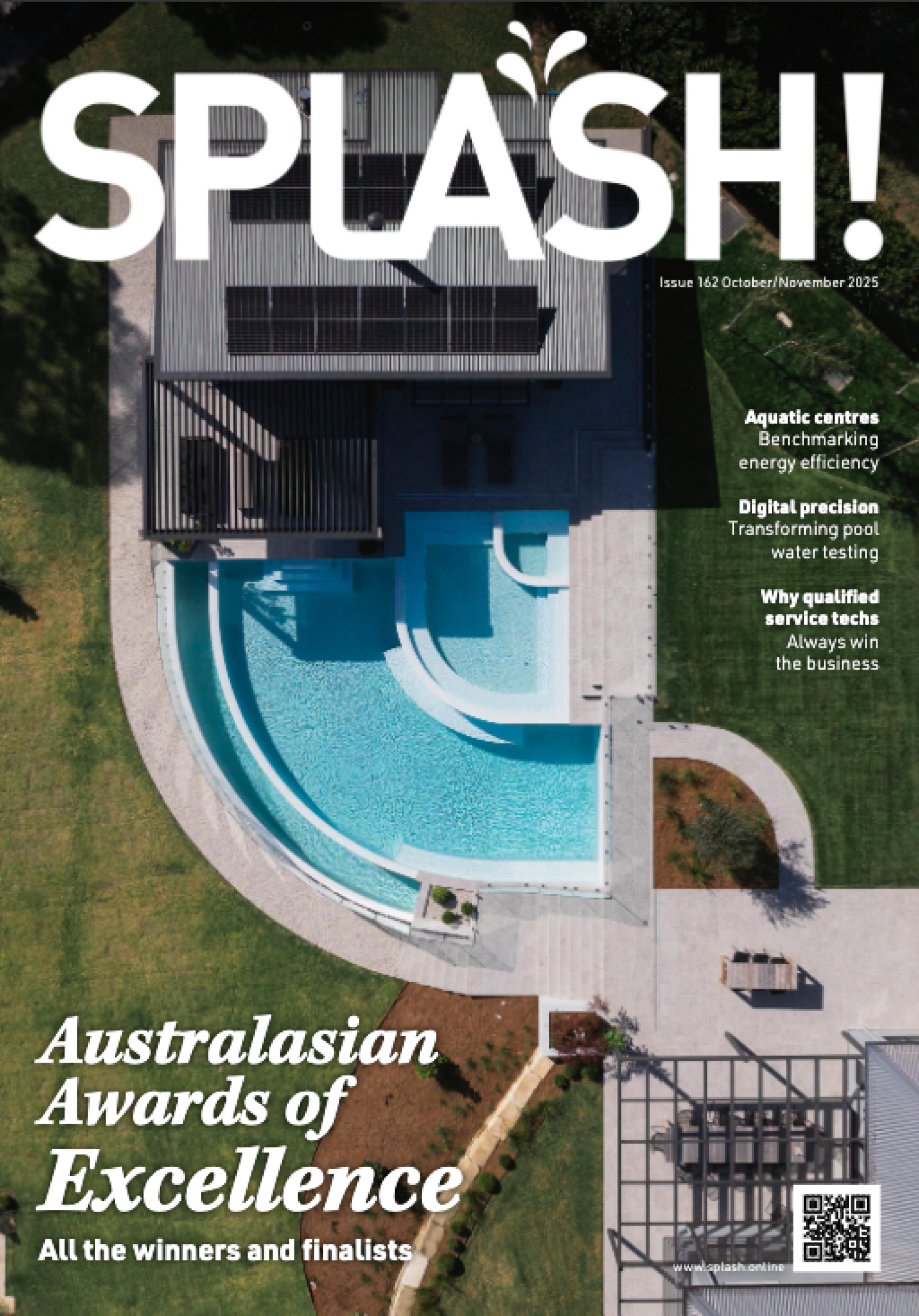Peter Rabbidge retires after four decades in the swimming pool industry
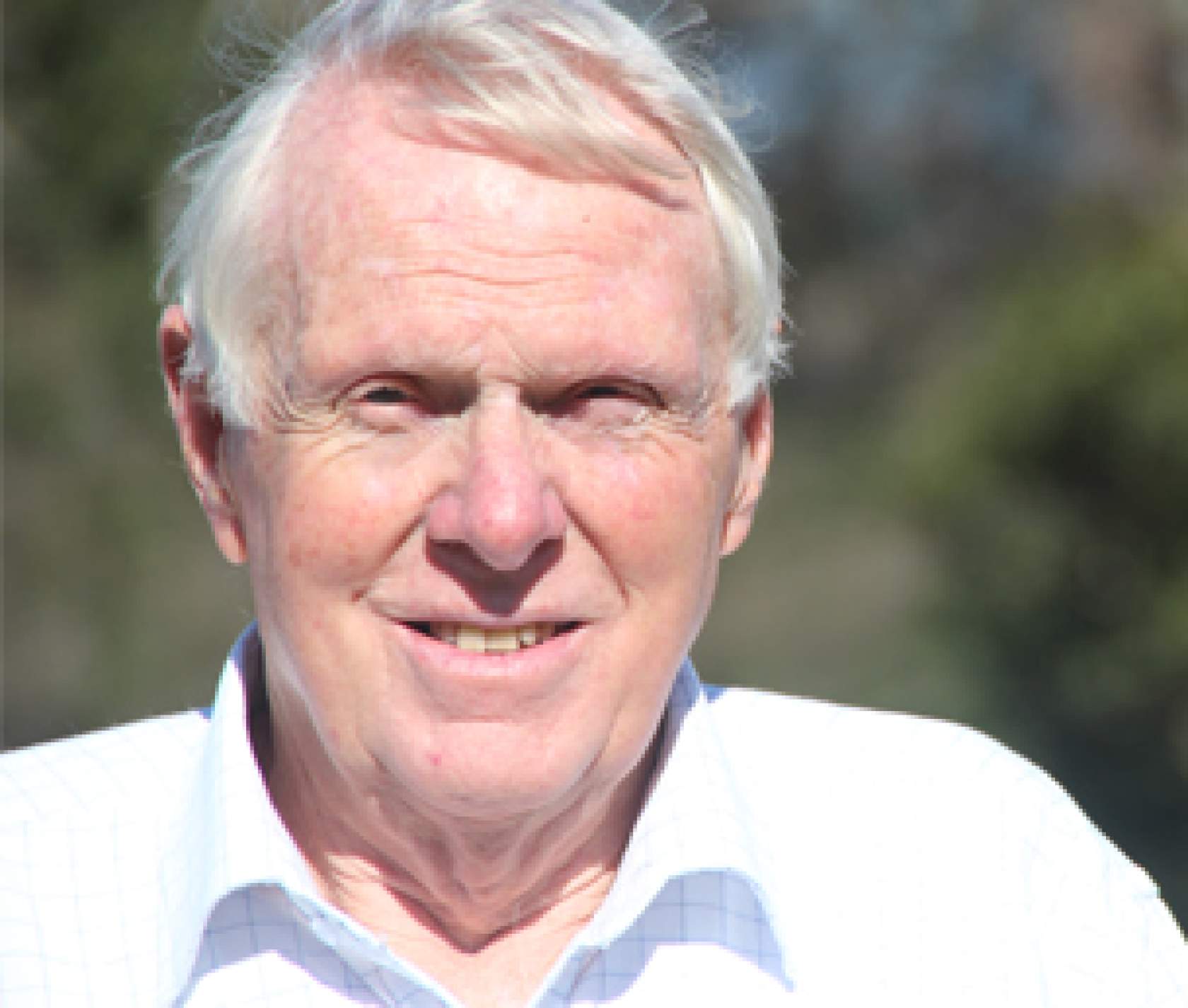
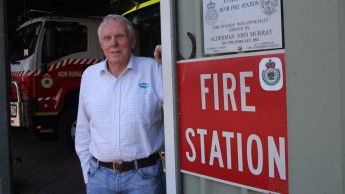
Peter Rabbidge has retired from Zeolite Australia and the swimming pool and spa industry.
Originally from England, Rabbidge went to New Zealand when he was 13, then moved to Australia in 1967. He settled in Cobbitty, in the historic Macarthur region southwest of Sydney, following his wife Pam whose family had lived there for generations.
He obviously liked it as he is still there now, nearly half a century later.
One of the first things he did was join the Bush Fire Brigade, which is now known as the Rural Fire Service. Three years later he joined the swimming pool industry and his life since has been devoted to water: using it to save homes and lives through the fire service; and helping families enjoy life more through swimming pools.
“I got involved in the pool industry in 1971 with Purex,” says Rabbidge. “They did chemicals and filtration, bringing in stainless steel filters from America. I started with them on the grocery side doing bleaches and other cleaners, but an opportunity came up on the pool side and I took it.”
He attended the first national pool conferences on the Gold Coast in 1972 and 1974 which were run by Barry Vercoe (who passed away recently), assisted by Ben Smith and a few other people.
“It went for four days and was fairly sociable,” he says. “They were a lot of fun; John Herez was the serjeant-at-arms and you’d fine each other for various misdemeanours and the money went to charity.”
After a couple of years at Purex he moved to Mermaid Industries, an offshoot of Mermaid Pools, which was run by Robert Savell’s father Ray.
He then moved to aboveground pool company Driclad which at that stage was owned by the Adelaide Steamship Company. When it was bought out by Clark Rubber he moved across to Quipmaster, which was also part of the Clark Rubber Group. In 1980, he followed Quipmaster R&D engineer Neil Howlett to Poolrite.
“At that stage Poolrite was in NSW, a private company owned by Peter Wolpert and others. It had distributors in each of the states and I was national sales manager. When I left, the only distributor was Pool Power in South Australia – we had branches in all the other states.”
Rabbidge says that while he enjoyed watching Poolrite grow, he became tired of the internal politics after it was sold to GWA. Later, of course, Poolrite was sold to GWA board member Ross Palmer who took the company to Queensland.
“I think in life if you’re not enjoying what you’re doing, look for something else.”
Rabbidge found something else in the shape the legendary John Dick of Poolstore. Based in Sydney, he handled the lower part of New South Wales and the ACT for about four years.
“Then in about 1984 I went from there to Rolachem when it was owned by Noshi Irani. He had bought it from Keith Branwood and later sold it to Hurlcon before they were bought by AstralPool.
“Getting to know dosing equipment puts you in good stead, because then I can go into a plant room and know exactly what’s what and why it’s working and also why things aren’t working.”
Following the stint at Rolachem he moved to Zeolite Australia in 2002, where he has spent the past 13 years.
“They wanted someone who had been in the industry for a while, knew their way around the industry and could set up the distributor network. The first people I signed up were Davey and Hurlcon and it went from there. We started with national distributors, then filling in the gaps with state distributors.
All the products for the backyard pools now go through distributors.”
Chemical care
One thing Rabbidge believes need to be addressed in the industry is consumer education about chemical storage and handling.
“People don’t realise how dangerous chemicals can be,” he says. “You see them come out of Coles or Bunnings or somewhere with a mix of chemicals in their trolley and they don’t realise.
“We had a problem in the Rural Fire Service here where someone had two containers of chlorine, and they thought they may as well just put them in one bucket and be done with it. But one was cal hypo and one was tri chlor – and it blew up and it blew the garage up and everything else. Made a hell of a mess, and the guy was lucky he didn’t lose his eyes. He was in hospital for quite a number of days.”
He believes pool shops should take the time to provide proper verbal advice, as customer often don’t read the instructions.
“Some pool shops have a lot to answer for. I’ve been in some where people buy cal hypo and they buy hydrochloric acid and the person behind the counter hasn’t taken the time to quickly explain to please make sure one’s not stored against the other. Even a simple thing like that can help,” he says.
“There was a case several years ago where somebody bought a bucket of chlorine and put it in the boot of a car and it stayed there for some time, quite a number of days, and then they were involved in a motor vehicle accident and the fuel tank ruptured and that person was actually killed. They tracked it back and the retailer was dragged up in court for not explaining how to store and transport the chlorine safely.
“Then you’ve got the Coles and Woollies, where people can fill up a shopping trolley with all sorts of things and have a bomb. Now, the dangerous goods people won’t tackle Coles, Woolworths, Bunnings or Masters, but they will go into a pool shop and they’ll have a go at the pool shop.”
He believes that perhaps the fire service could have a role to play in helping educate the public about chemical safety – covering the whole gamut of household chemicals, not just pool chemicals.
Changes in the industry
Rabbidge says there have been a lot of changes in the industry over his time. Pool surfaces moved from paint to marblesheen, now to fibreglass and glass beads; while filtration has gone from predominantly DE to a whole raft of alternatives.
He says that when recycled glass media first came on the market, it took some market share from zeolite.
“But a lot of people tried the products and our biggest distributors are back with us now, so it’s gone in a cycle. The glass was not a new product. It had first been put on the market in the early 80s by the Australian Glass Company in Queensland. And they had so many problems with it that they took it off the market.
“One thing that frustrates me is a lot of people make claims but they won’t back them up by saying who has done the studies. That’s why we always state who’s done our tests. Originally we wanted to compete with DE so we were looking to come in at five microns, but the Australian Water Quality centre said, hey, you know you came in at two microns! The tests were carried out by professor Paul Monis in Adelaide.”
Now he’s retired, Rabbidge plans to travel around Australia seeing those parts of the country he hasn’t visited yet, and continue his work with the Rural Fire Service.
But it might not be the last we see of him.
“Zeolite Australia has asked if I can be a consultant if anything comes up, and I’ve got a couple of projects I’m working on. And one of these projects looks like it might develop into a big one.”

